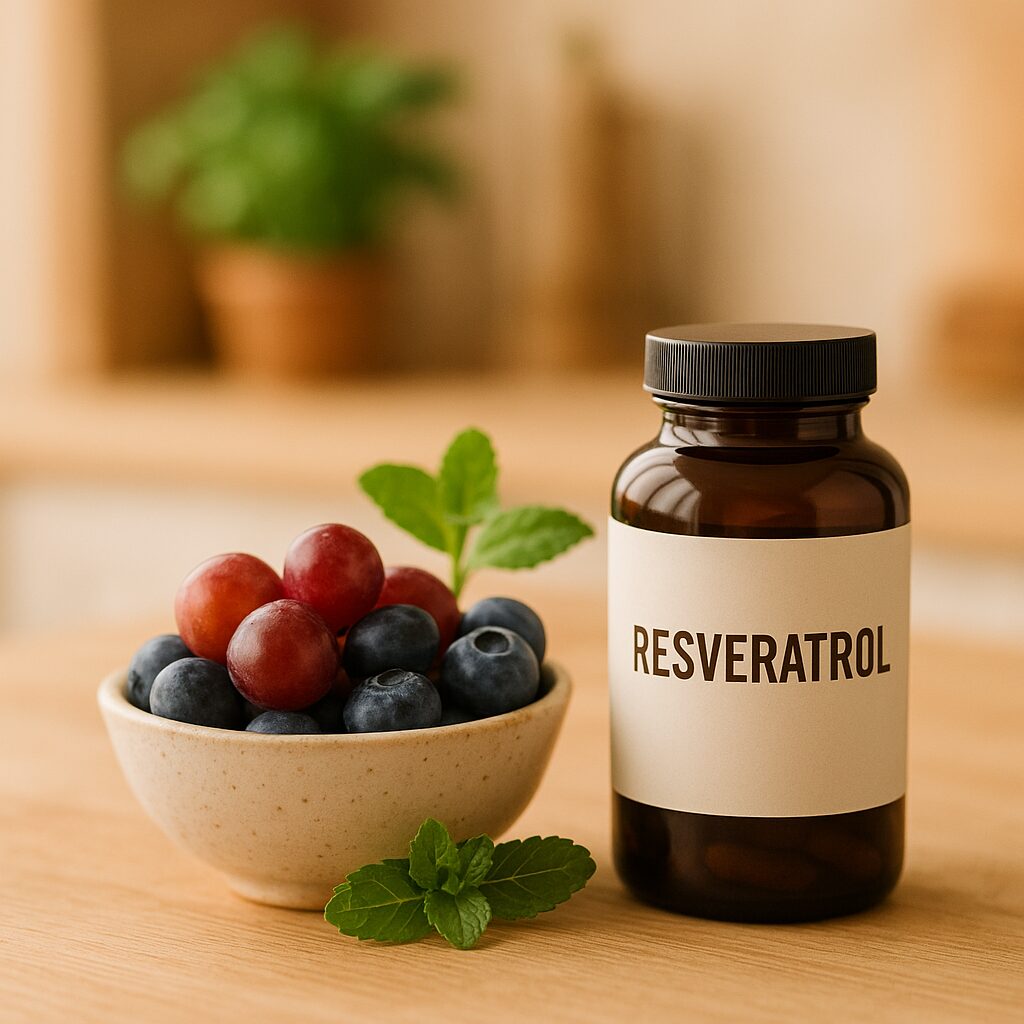Resveratrol is a natural polyphenol found in grapes, peanuts, and berries. It is often highlighted for its antioxidant and anti-inflammatory properties that may help support immunity, vascular health, and overall wellness. However, when resveratrol intake is insufficient, many of its potential benefits could be diminished. This article explores how a lack of resveratrol may affect immune function, vascular balance, and long-term health support.

1. Role of Resveratrol
Resveratrol may help neutralize free radicals, reduce oxidative stress, and support cellular repair. These actions could contribute to cardiovascular health, immune balance, and healthy aging. Its presence in red wine and certain plant-based foods has long been studied for potential protective effects.
2. Impact of Deficiency
When dietary intake of resveratrol is low, the body may lose part of its antioxidant defense, leading to greater oxidative damage. This may accelerate signs of aging, reduce immune efficiency, and affect vascular elasticity. The expected support for inflammation control and circulation may also be less pronounced.
3. Connection to Immunity
Resveratrol may help modulate immune cell activity and reduce excessive inflammatory responses. Inadequate intake could limit these benefits, potentially weakening the body’s resilience against infections or external stressors. Balanced consumption may support stronger and more stable immune function.
4. Effects on Vascular Health
Blood vessels are highly sensitive to oxidative stress and inflammation. Resveratrol may help protect endothelial cells, improve circulation, and reduce platelet aggregation. When intake is lacking, blood vessel flexibility may decrease, circulation may be less efficient, and the risk of vascular issues could rise.
5. Food Sources
Rich sources of resveratrol include grape skins, red wine, blueberries, cranberries, peanuts, and pistachios. Small amounts may also be found in dark chocolate. Since daily dietary intake may be limited, some individuals choose supplements for more consistent support.
6. Dosage and Supplementation
Resveratrol supplements often range between 100–500 mg per day, though needs vary by age, health condition, and diet. Taking resveratrol with meals may improve absorption. Regular, moderate intake is usually considered more effective than occasional high doses.
7. Safety Considerations
Resveratrol is generally well tolerated, but high doses may cause digestive discomfort or headaches. It may also interact with anticoagulant or blood pressure medications. Pregnant and breastfeeding women, as well as individuals with chronic conditions, are advised to consult professionals before use.
🌿
Resveratrol is valued for its potential to support immunity, vascular health, and antioxidant protection. When intake is insufficient, these benefits may be reduced. Including resveratrol-rich foods in the diet, or using supplements under guidance, could help maintain balance. Combined with a healthy lifestyle, resveratrol may contribute to long-term wellness and protection.
References and Further Reading
National Institutes of Health (NIH) – Resveratrol Overview
World Health Organization (WHO) – Antioxidants and Health
Harvard T.H. Chan School of Public Health – Polyphenols and Cardiovascular Health
※ This article is for general informational purposes only. Individual responses may vary, and professional consultation is advised before starting supplementation.